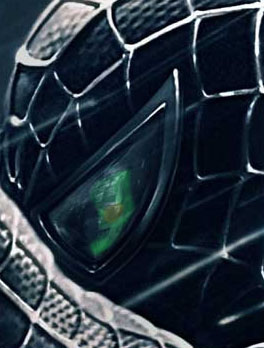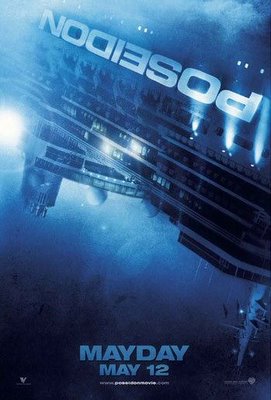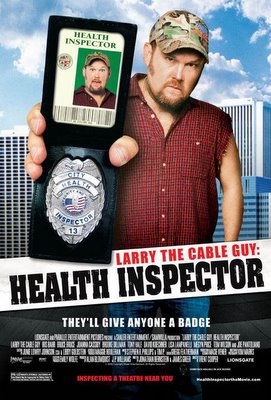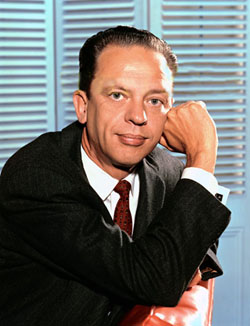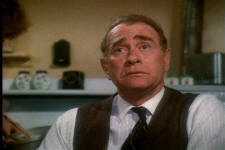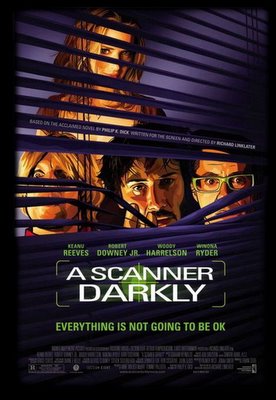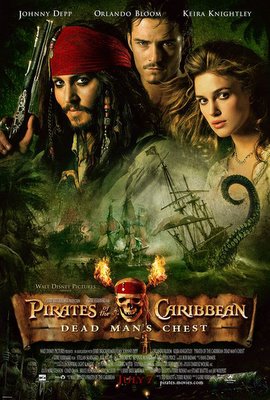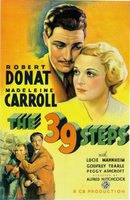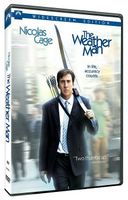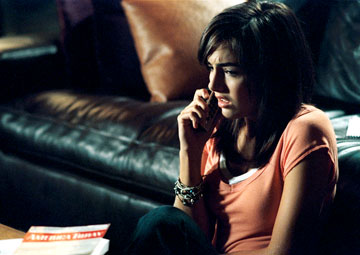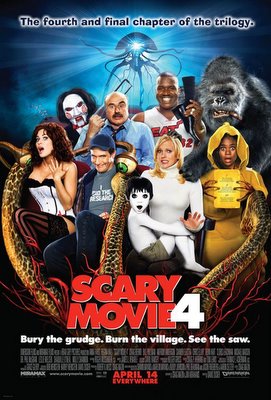Source: Comingsoon.netAfter Friday box office estimates were reported, it seemed like 20th Century Fox's spoof of romantic comedies,
Date Movie, starring Allison Hannigan, was going to win the weekend, but the lack of school on Monday was a big help to Disney's family adventure,
Eight Below, which did far better than expected.
Starring Paul Walker, the true-life Antarctic adventure about sled dogs that survived in the wild when they're left behind, earned slightly over $25 million during the four-day Presidents' Day weekend, an average of $8,164 in just over 3,000 theatres. By comparison,
Date Movie, promoted as being from two of the six writers of
Scary Movie, still did decently, grossing an estimated $22.3 million over the weekend in 170 fewer theatres to settle for second place.
Two of the four movies that opened last weekend held up so well in their sophomore slots, that they ended up making more over the four-day weekend than they did in their preliminary weekend. In third place by just over a million, Sony's remake of
The Pink Panther, starring Steve Martin, added roughly $21 million to its box office take of $46.6 million. Likewise, Universal Pictures and Imagine Entertainment's animated family film based on the children's book favorite
Curious George grossed over $15 million in its second weekend, bringing its own total to $33.5 million.
New Line's horror threequel
Final Destination 3 didn't hold up nearly as well, dropping down to fifth place with $12.5 million over the four-day weekend. It has grossed just over $38 million and should be able to earn more than the sequel did three years ago.
In sixth place, the Harrison Ford thriller
Firewall found itself a solid audience in its sophomore slot, grossing $10.3 million, a slight 24% drop from its opening weekend.
The third new movie in wide release, the urban crime drama
Freedomland, starring Julianne Moore and Samuel L. Jackson, failed to find much of an audience, opening in seventh place with $7 million over the four days, an average of less than $3,000 per theatre.
Currently the top grossing movie to open in 2006, Martin Lawrence's sequel
Big Momma's House 2 dropped down two more spots, adding $5.8 million to its impressive box office gross of $62.7 million.
Screen Gems' remake of
When a Stranger Calls took another tumble down to #9 with its third weekend earnings of $5.8 million. It has grossed $42 million to date.
Rounding out the Top 10 was Univeral's
Nanny McPhee, starring Emma Thompson and Colin Firth, which made $5.1 million to bring its total over the $39 million mark.
The top 12 was filled out by two Oscar favorites. Focus Features' romantic drama
Brokeback Mountain, the winner of four BAFTAs (British Oscars) over the weekend, has now grossed over $72 million, helped by an additional $3.8 million from the extended weekend. Although it was robbed of a Best Picture nomination, the Fox biopic
Walk the Line, starring the Oscar-nominated Joaquin Phoenix and Reese Witherspoon, moved up a notch to #12 with $1.8 million over the weekend and over $116 million after 14 weeks in theatres.
If getting the #1 movie of the weekend weren't enough of a feather in the cap for Walt Disney Studios, their fantasy epic
The Chronicles of Narnia: The Lion, The Witch and The Wardrobe, based on C.S. Lewis' novel, is now less than $300,000 away from overtaking
Harry Potter and the Goblet of Fire as the second-highest grossing film to open in 2005.
Opening in three theatres in New York and L.A., the Russian blockbuster
Night Watch (Nochnoi Dozor), released here by Fox Searchlight, grossed over $100 thousand its opening weekend, a decent average of $36.7 thousand. It will expand into more cities over the next few weeks.
On the other hand, the spiritual film
The Second Chance did very poorly, averaging less than $3,000 per theatre in almost 90 theatres.

